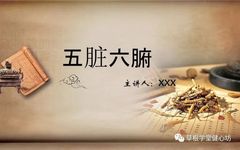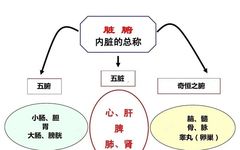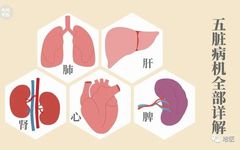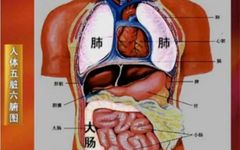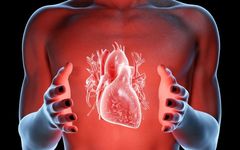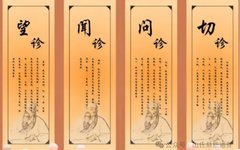Understanding the Differences Between the Five Organs and Six Bowels in Traditional Chinese Medicine
“Five Organs and Six Bowels” 16 – Differences Between the Five Organs and Six Bowels 01 — Differences Between the Five Organs and Six Bowels According to the Huangdi Neijing: The Five Organs are responsible for storing the spirit, blood, qi, and soul. The Five Organs are used to store the spirit, blood, and soul. … Read more

